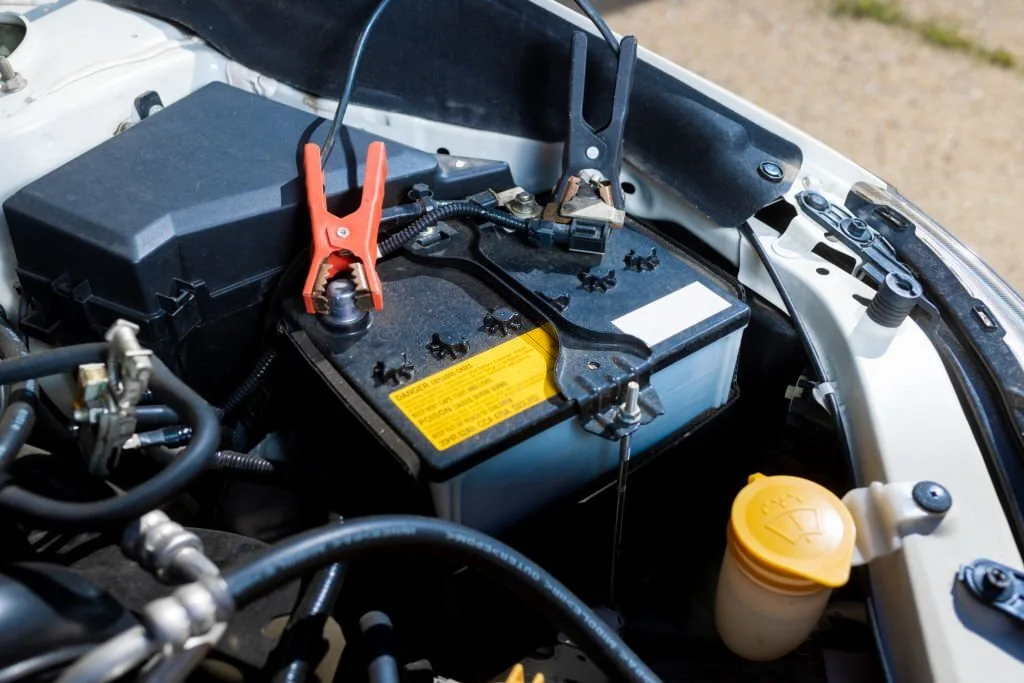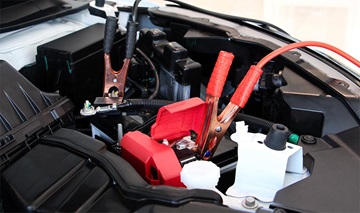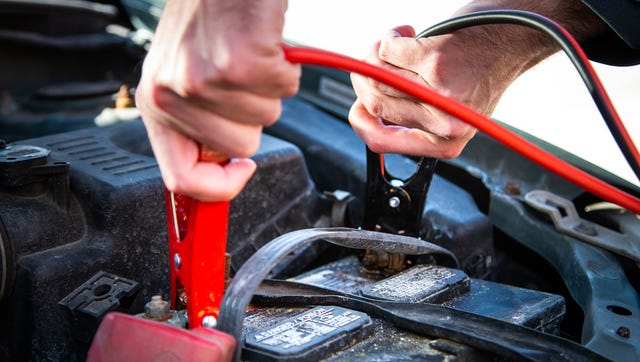Every car needs a battery. The battery gives power to start the engine. Sometimes, the battery runs low. This can happen for many reasons. If your car won’t start, the battery might be the problem. You can charge the battery yourself. This guide will help you understand how to charge a car battery safely and easily.
Why Does a Car Battery Need Charging?
A car battery can lose power for several reasons:
- Leaving the lights on too long.
- Cold weather can drain the battery.
- Old batteries do not hold a charge well.
- Short trips may not charge the battery fully.
When the battery is low, the engine may not start. In this case, charging the battery is important.

Credit: www.swbatteries.com.au
What You Will Need
Before you start charging the battery, gather some items:
- Car battery charger
- Safety goggles
- Rubber gloves
- Water (distilled if possible)
- Wrench (if needed)
Steps to Charge a Car Battery
Follow these steps to charge your car battery safely:
1. Prepare Your Car
First, park the car in a safe place. Make sure it is on a flat surface. Turn off the engine and remove the keys. This keeps you safe while charging the battery.
2. Find The Battery
Open the hood of your car. Locate the battery. It is usually near the front. Look for two metal terminals. One is positive (+) and the other is negative (–).
3. Inspect The Battery
Check the battery for any damage. Look for cracks or leaks. If the battery looks damaged, do not attempt to charge it. Instead, replace it.
4. Clean The Terminals
If the terminals are dirty, clean them. Use a cloth or brush. Make sure there is no corrosion. Corrosion looks like white or green powder. It can stop the charge from working.
5. Connect The Charger
Take the battery charger and plug it in. Make sure it is turned off before you connect it. Now, connect the red cable first. This is for the positive terminal (+).
Next, connect the black cable. This is for the negative terminal (–).
Double-check that the cables are secure. They should not move.
6. Turn On The Charger
Now you can turn on the charger. Look at the settings on the charger. You can choose a slow or fast charge. A slow charge is safer for the battery.
Let the charger work for a few hours. This may take between 4 to 12 hours depending on the battery size.
7. Check The Charger
While charging, check the charger often. Make sure it is working properly. Look for lights or signals on the charger. These will tell you if it is charging.
8. Disconnect The Charger
When the battery is fully charged, turn off the charger. Start with the black cable. Remove it first from the battery. Then remove the red cable. This keeps you safe from sparks.
9. Test The Battery
Now it is time to test the battery. Get in the car and start the engine. If the engine starts, the battery is charged!
If it does not start, the battery might be too old. It may need to be replaced.
Tips for Maintaining Your Car Battery
To keep your battery healthy, follow these tips:
- Check the battery regularly for signs of wear.
- Keep the battery clean and dry.
- Drive your car regularly to keep it charged.
- Replace the battery every 3 to 5 years.

Credit: www.interstatebatteries.com
When to Seek Help
Sometimes, charging a battery is not enough. If your car still won’t start, seek help. A mechanic can check for other problems. These may include:
- Alternator issues
- Starter motor problems
- Wiring issues
Conclusion
Charging a car battery is a simple task. By following these steps, you can do it yourself. Always remember to be safe. Use gloves and goggles when working with the battery. If unsure, ask for help. A healthy battery is key to a working car. Regular care can save you time and money.














Leave a Review